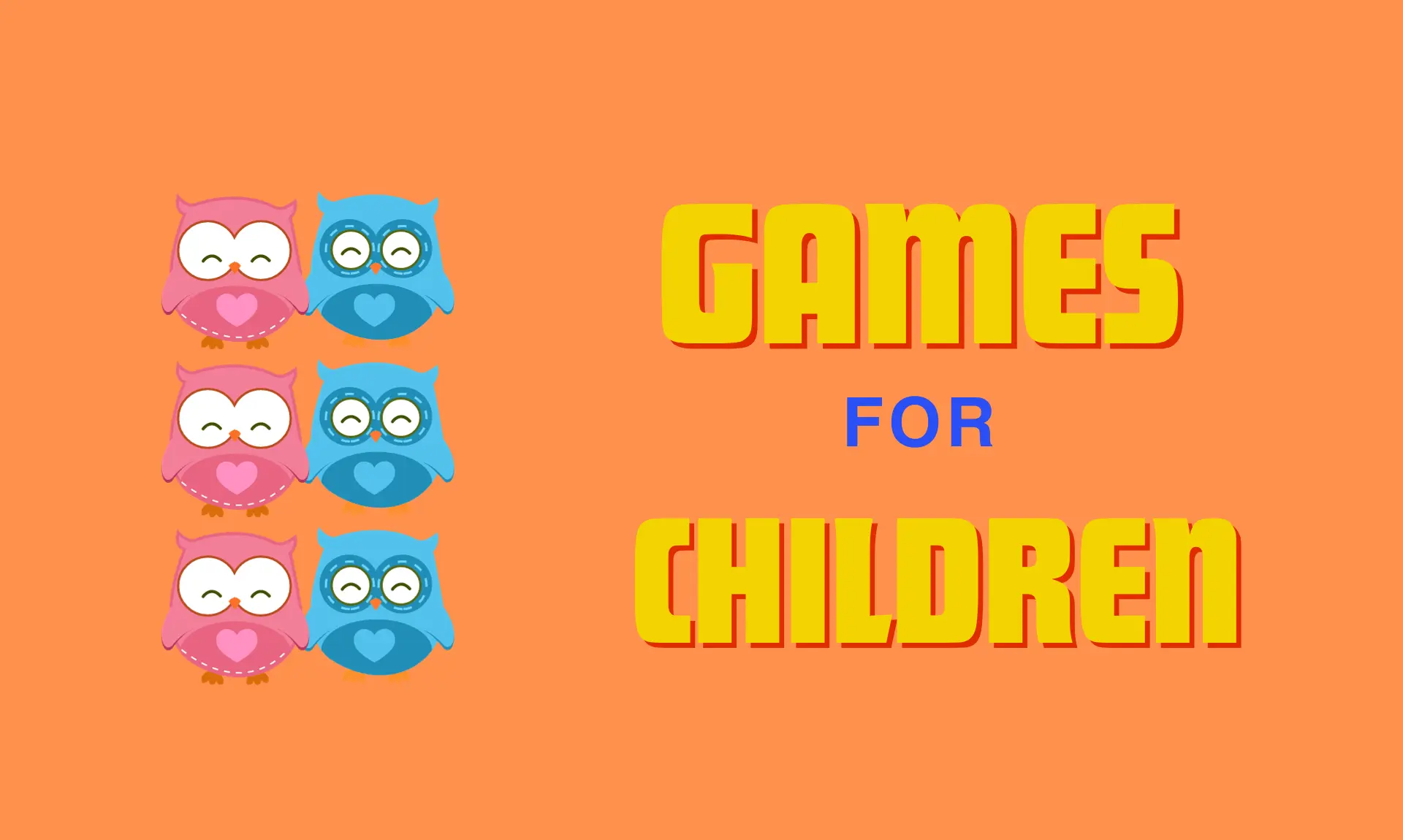Conflict Scenarios or Case Studies
Conflict scenarios or case studies in conflict resolution training are detailed descriptions of hypothetical or real-life situations in which conflicts have arisen. These scenarios serve as the foundation for participants to practice and develop their conflict resolution skills. Here’s an expansion of what these conflict scenarios or case studies entail:
Conflict Scenarios or Case Studies:
Conflict scenarios or case studies are realistic, carefully crafted narratives that present participants with various conflict situations. These scenarios typically include the following components:
Context:
Each scenario provides a background or context for the conflict. This includes information about the individuals or parties involved, their roles, the setting, and any relevant history or relationship dynamics.
Conflict Description:
The heart of the scenario is the conflict itself. It outlines the nature of the dispute, the issues at hand, and the emotions or concerns of the parties involved. The conflict description may also highlight the impact of the conflict on the individuals and the organization.
Stakeholders:
Scenarios often feature different stakeholders, each with their own perspective and interests. This can include conflicting parties, supervisors, colleagues, or other relevant individuals who have a stake in the resolution.
Options and Decisions:
The scenarios should present multiple options and potential decisions for resolving the conflict. These options may range from compromise and negotiation to assertiveness and problem-solving approaches.
Challenges and Barriers:
Conflict scenarios should include challenges or barriers that make resolution complex. These could be emotional barriers, communication breakdowns, or external factors that affect the conflict’s resolution.
Resolution Outcome:
While not always necessary, scenarios can outline potential outcomes based on the decisions made by participants. This can demonstrate the consequences of various conflict resolution strategies.
Discussion Questions:
After the scenario, discussion questions can be provided to guide participants in reflecting on the conflict and their chosen approach. These questions encourage critical thinking and self-assessment.
Conflict scenarios or case studies can cover a wide range of conflicts, such as interpersonal disputes, workplace disagreements, customer complaints, or ethical dilemmas. They are designed to be both relatable and challenging, allowing participants to practice and apply conflict resolution techniques in a controlled setting.
As a trainer, your role is to present these scenarios, guide participants in analyzing them, facilitate group discussions, and provide insights on conflict resolution strategies. The scenarios offer participants a practical and interactive way to develop their conflict resolution skills and gain confidence in handling real-life conflicts effectively.
latest video
news via inbox
Nulla turp dis cursus. Integer liberos euismod pretium faucibua





